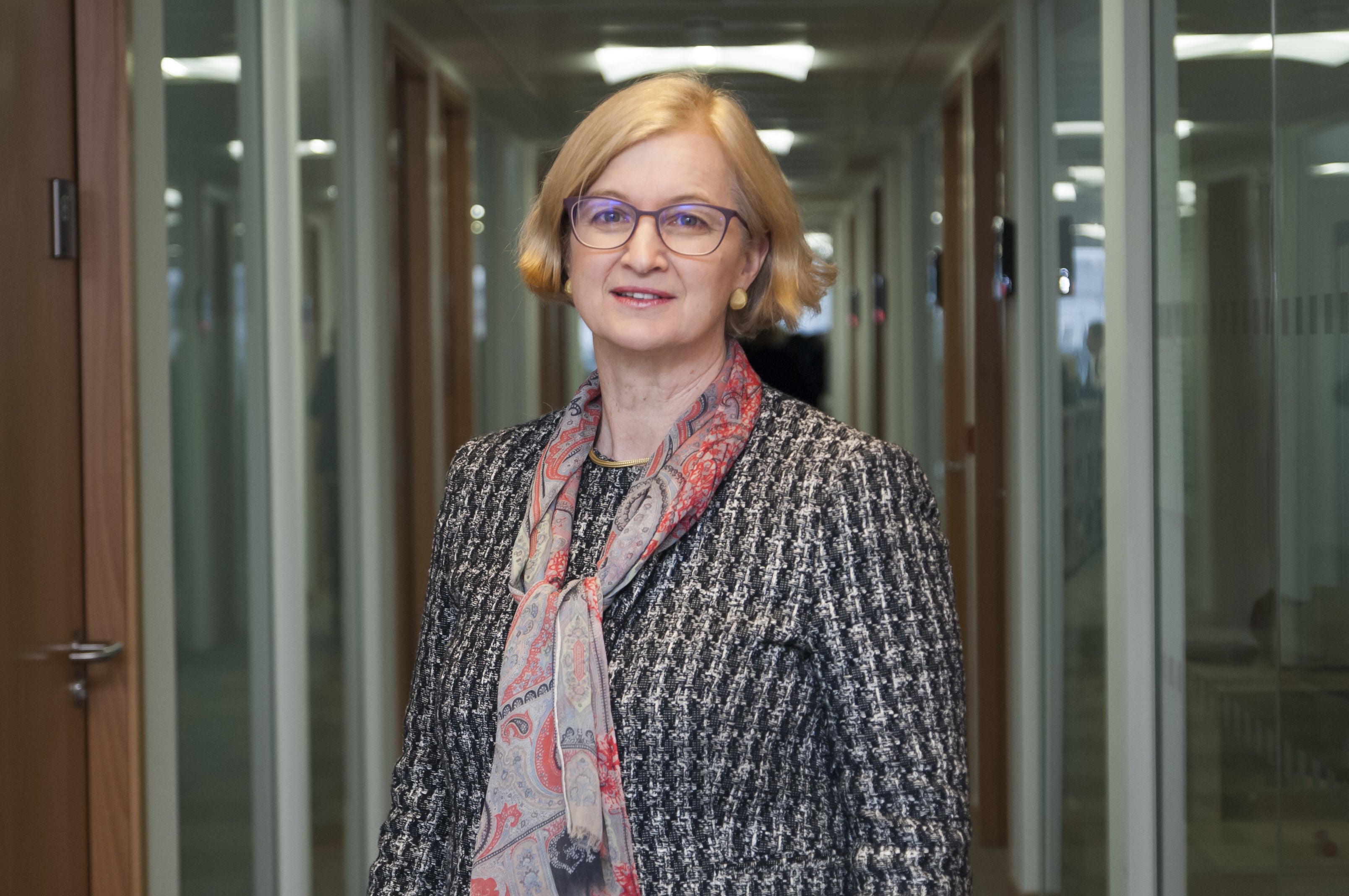Teachers must not be campaigners in the classroom, says Ofsted chief
Amanda Spielman says teachers must help pupils to navigate the ‘polarisation’ of modern life.

Ofsted’s chief inspector has said teachers must ensure they are a “teacher not a campaigner” in an increasingly “atomised” world for pupils.
Speaking at the Festival of Education at Wellington College in Berkshire, Amanda Spielman said pupils were growing up in an online world “that both reflects and fuels the atomisation and polarisation of society”.
She added that teachers therefore needed to be “expert guides through disputed territory, while maintaining their own impartiality”.
What balance does demand is being a teacher not a campaigner where matters are contested
She said schools’ impartiality guidance was not only about keeping an individual teacher’s politics outside the classroom but also about “providing balance”.
This did not mean “being neutral on every issue”, she said, and teachers should make it clear that racism was wrong and illegal, and that climate change was supported by evidence.
“What balance does demand is being a teacher not a campaigner where matters are contested,” she said.
Ms Spielman said that this would help pupils navigate misinformation online.
She said that while it was not always healthy for pupils’ opinions to mirror those of their parents without question, it was “equally unhealthy” for them simply to mirror their teachers’ views.
“And it’s worrying if children’s opinions emerge fully-formed from an echo chamber made up of their peers and online influencers,” she said.
It is clear that a prolonged period without normal structures and routines has contributed to behaviour problems this year in all age groups
Pupils needed to be able to listen to different opinions and offer constructive criticism, and teachers needed to be able to introduce new perspectives sensitively, which she added was “no easy task”.
The chief inspector also praised schools and colleges for working “incredibly hard” to make the “best of a bad situation” to try to return to normality.
“Back in September, it was clear that the path ahead would be full of obstacles,” she said.
“Staffing shortages, lower parent confidence, attendance issues, uncertainty over exams, greater anxiety among children.”
She said schools could now look back with “pride” over how they had coped, helping pupils back into school and bridging the gaps of learning lost as a result of the pandemic.
The pandemic had made it more difficult to spot whether children had additional needs, she said, adding that Ofsted was consulting on a new framework for inspecting special educational needs provision in local areas.
Ms Spielman told the festival that “discipline is not a dirty word” as she spoke of how pupils needed structures and routines in order to gain social skills and learn effectively following the pandemic.
“It is clear that a prolonged period without normal structures and routines has contributed to behaviour problems this year in all age groups,” she said.
Ms Spielman said that there were calls for inspections in the future to focus more on wellbeing and mental health.
She added that using Ofsted grades to trigger academisation, as proposed by the Government, with a “requires improvement” grade being used as a threshold from September, was likely to cause friction between the inspectorate and schools.
She said: “We repeatedly say that there’s no special alchemy needed to prepare for Ofsted. And we don’t want our inspectors to come to believe all school corridors smell of fresh paint. We want to see what you do for your pupils every day.
“And I know it’s argued that schools serving disadvantaged areas are disadvantaged themselves on inspection and that this needs more recognition, particularly as the stakes rise.
“But we also have to expect the same standards for children wherever they are being educated.
“We can’t differentiate our overall achievement grade based on geography, or context. We can’t say a school is good enough in Knowsley, if it would be below the line in Buckingham.
“That’s not being fair to schools – that’s being unfair to children.”
Bookmark popover
Removed from bookmarks